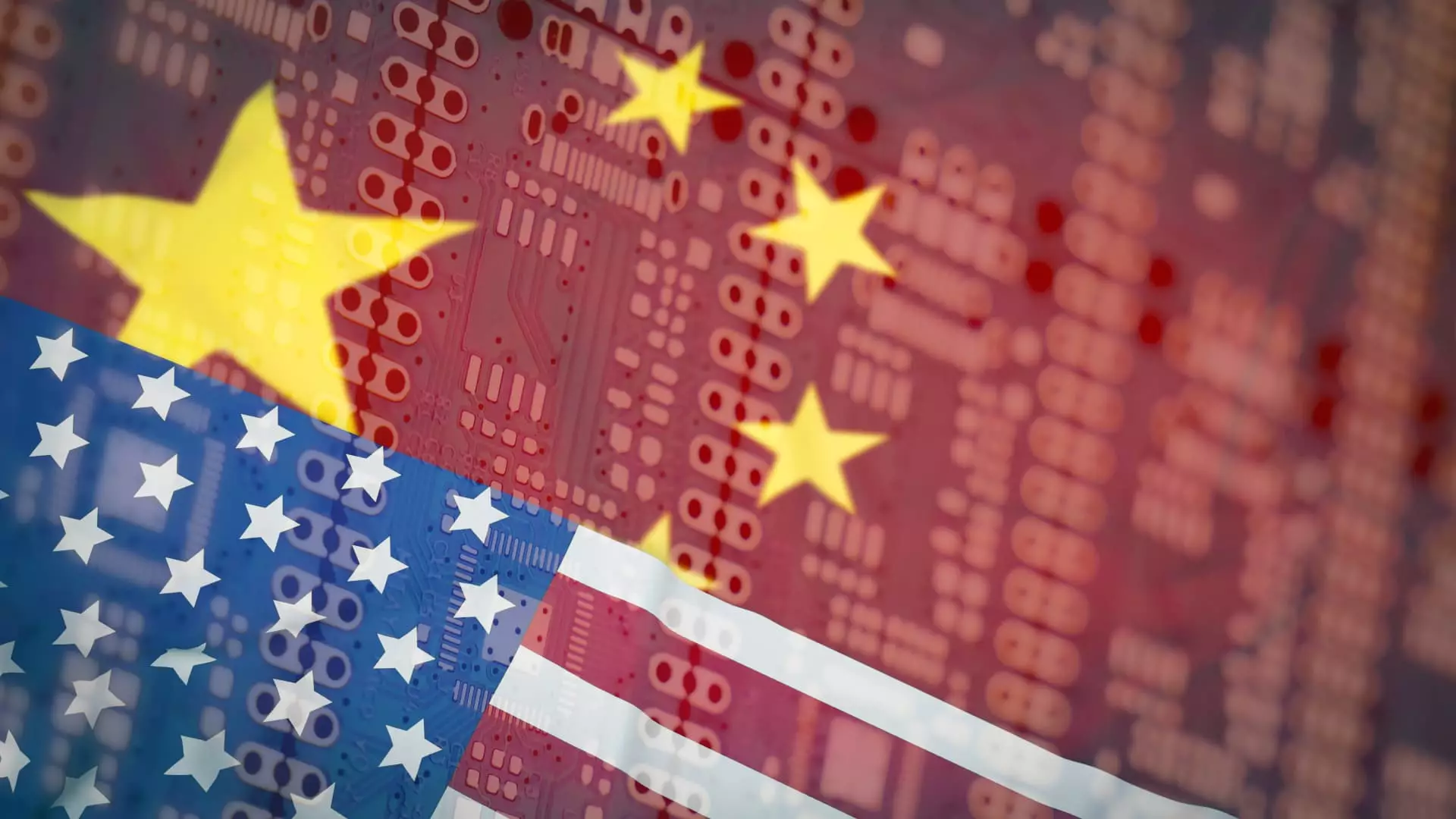In the rapidly evolving landscape of artificial intelligence, China’s tech giants have been making significant strides in developing their own generative AI models. While global attention has largely been focused on companies like OpenAI, Google, and Meta, Chinese firms such as Alibaba, Tencent, Baidu, Huawei, and ByteDance have emerged as key players in the field. Over the past 18 months, these companies have launched various AI models with the aim of harnessing the potential of this transformative technology.
China’s push to establish itself as a leader in artificial intelligence adds a new dimension to the ongoing technological competition with the United States. While China has often been viewed as playing catch-up to American companies, the race is now heating up. Generative AI applications, such as OpenAI’s ChatGPT, have gained prominence for their ability to generate text, images, and even video based on user prompts. These innovative applications rely on large AI models trained on vast amounts of data, such as Google’s Gemini.
Chinese technology firms have navigated regulatory challenges in releasing their AI models, given Beijing’s stringent requirements for AI models and their applications. Baidu, a leading internet company in China, was among the early pioneers in launching generative AI applications. Its Ernie Bot, designed to rival OpenAI’s ChatGPT, has garnered over 300 million users, showcasing the company’s commitment to advancing AI technology.
Alibaba, another major player in the Chinese tech scene, introduced its foundational models known as Tongyi Qianwen last year. These models, including open-source versions, offer a range of capabilities from creating content to understanding audio inputs, catering to diverse user needs. Tencent, known for its dominance in social media and gaming, released its own foundational model called Hunyuan, emphasizing Chinese language processing and logical reasoning capabilities.
Huawei has adopted a unique strategy with its Pangu AI models, targeting specific industries such as government, finance, manufacturing, mining, and meteorology. By offering specialized models tailored to industry needs, Huawei has positioned itself as a key player in the enterprise AI market. ByteDance, the company behind TikTok, entered the AI race with its Doubao model, boasting advanced capabilities at a competitive price point.
As China’s tech ecosystem continues to thrive, the development of generative AI models by leading companies reflects the country’s strong commitment to innovation and technological advancement. With a diverse range of applications and use cases, Chinese AI models are poised to reshape industries and drive the next wave of AI innovation globally. The rise of these models underscores the increasingly competitive landscape of artificial intelligence, where China is poised to make a significant impact in the coming years.


Leave a Reply